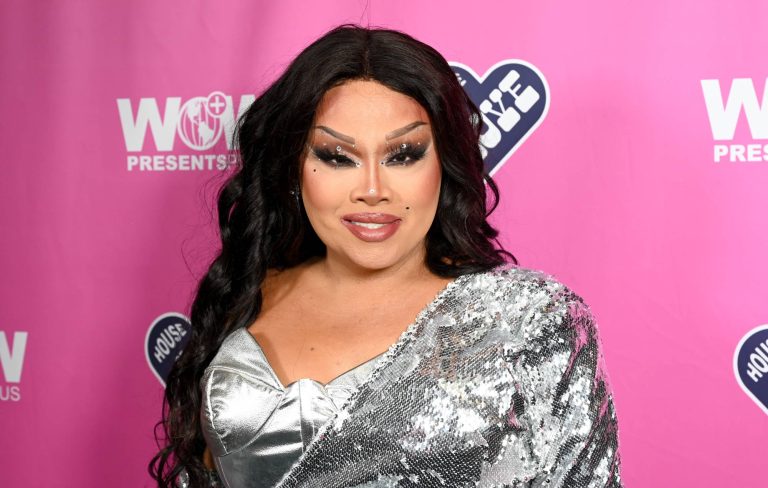
HOLLYWOOD, CALIFORNIA - MARCH 02: Halle Berry attends the 97th Annual Oscars at Dolby Theatre on March 02, 2025 in Hollywood, California. (Photo by Mike Coppola/Getty Images)
In the latest Apple TV+ documentary titled « Number One On The Call Sheet, » Halle Berry candidly addresses the ongoing challenges faced by Black women in the film industry, notably spotlighting her historic accomplishment as the only Black woman to have won the Academy Award for Best Actress. Her Oscar win in 2002 for « Monster’s Ball » was a milestone that many hoped would pave the way for greater diversity and inclusion in Hollywood. However, decades later, Berry questions the impact of her victory and the broader implications it holds for Black actresses.
The Aftermath of a Historic Win
Reflecting on her Oscar win, Berry shares her doubts about the long-term change it promised, remarking, “It’s forced me to ask myself, did it matter? Did it really change anything for women of colour? For my sisters? For our journey?” Her introspective queries echo wider criticisms about the pace of advancement in an industry that still grapples with deeply ingrained inequities.
Berry’s remarks come as the documentary highlights the narratives of the 13 Black women who have been nominated for the Best Actress Oscar since her win, none of whom have succeeded in clutching the award. This alarming statistic spotlights an ongoing challenge within the Academy Awards and the broader film industry.
The Systemic Challenges
Berry elaborates on the structural barriers, stating candidly, “The system is not really designed for us, and so we have to stop coveting that which is not for us.” Her sentiment reflects a growing discourse that calls for redefining success and recognition beyond the traditional platforms that have historically marginalized diverse voices.
This reflective insight compels a re-evaluation of what true recognition and validation mean in the realm of art and storytelling, moving away from conventional accolades to impact-driven narratives that genuinely resonate with audiences.
A Broader Context
The documentary features compelling voices such as Taraji P. Henson and Whoopi Goldberg, who explore the reasons behind the noticeable absence of Black women as winners in the Best Actress category. Goldberg, who won an Oscar for Best Supporting Actress, questions the oversight, asking, “Wait a minute, none of us were good enough? Nobody? In all of these people, nobody?… What are we missing here?”
Henson adds a layer to the conversation, pointing out the tendency of the industry to typecast Black actresses into supporting roles, saying, “I don’t think the industry really sees us as leads, you know? They give us supporting [awards] like they give out candy canes.” Her statement underscores a systemic issue of underrepresentation in lead roles.
Limited Opportunities
In past interviews, Berry has poignantly discussed the limited opportunities for Black women in Hollywood, a reality that confines their options in comparison to their white counterparts. She noted, “As a Black woman, I have never had the luxury of just doing Oscar-worthy performances and movies… My options at times are so limited, and that’s the reality of it.”
Berry’s reflections reveal the persistent challenges that accompany being a trailblazer, emphasizing the dual realities of celebration and constraint: “I won that Oscar 23 years ago now, and it was about working, it was about loving the craft. It was about growing and taking risks and chances. So I don’t have the luxury to just sit and field Oscar buzz movies. That wasn’t my reality, and it’s still not my reality.”
As the film industry continues to navigate these conversations, Berry’s story—both triumphant and critical—acts as a vital narrative that fuels ongoing discussions on equity, diversity, and systemic change within the arts.




